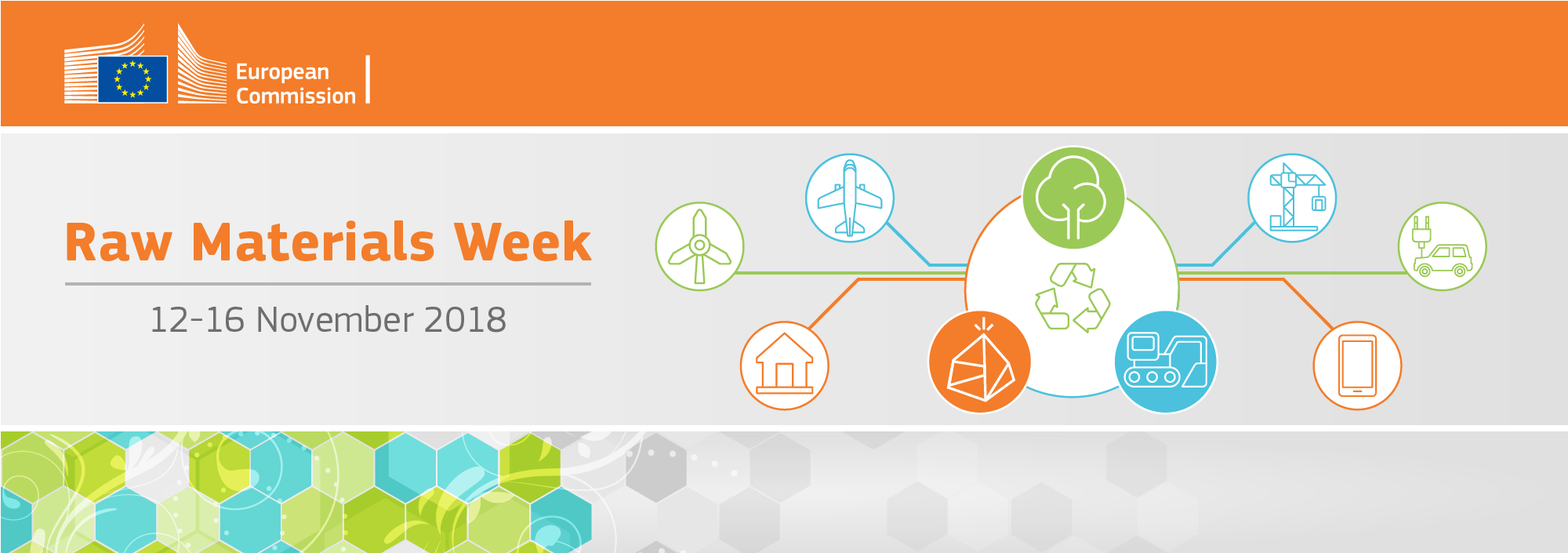Raw Materials Week 2018

The main take-home message is that the rapidly growing electrical vehicles (EV’s) market causes a significant increase in demand for lithium-ion batteries. According to the Joint Research Centre (JRC) demand for cobalt could go up from 110 000 tonnes in 2017 to possibly 390 000 tonnes in 2030.
Currently, over half of the global cobalt production comes from the Democratic Republic of Congo, and almost all of it is refined in China. It must be stressed that far from all mining activity in DRC occur in bad faith, also small-scale mining in the right conditions has its benefits for the local population. Nevertheless, the current near-monopolistic situation and the persistence of unethical practices pose a substantial supply risk for sustainable cobalt.
Despite the clearly present potential in Europe, current projects with proven reserves in the EU amount to an annual production of a mere 3 200 tonnes by 2030. This would indicate that only 6% of the expected cobalt use in the EVs sector can be supplied domestically.
In short, for the EV revolution to take place, considerable new cobalt reserves must be found in the new future to resolve the substantial global -, and massive domestic supply deficit. Moreover, cobalt is certainly not the only limit with foreseeable supply shortages. Although battery-grade nickel is geographically better distributed and less connected to unethical practices, a similar supply shortage is to be expected. EVs also require four times as much copper as internal combustion engine vehicles, and the infrastructure for charging them will see an increased demand for copper or aluminium cables.
Skapto Consulting is committed to be part of the solution and helping exploration and mining companies to find additional resources both in and outside of the EU.
